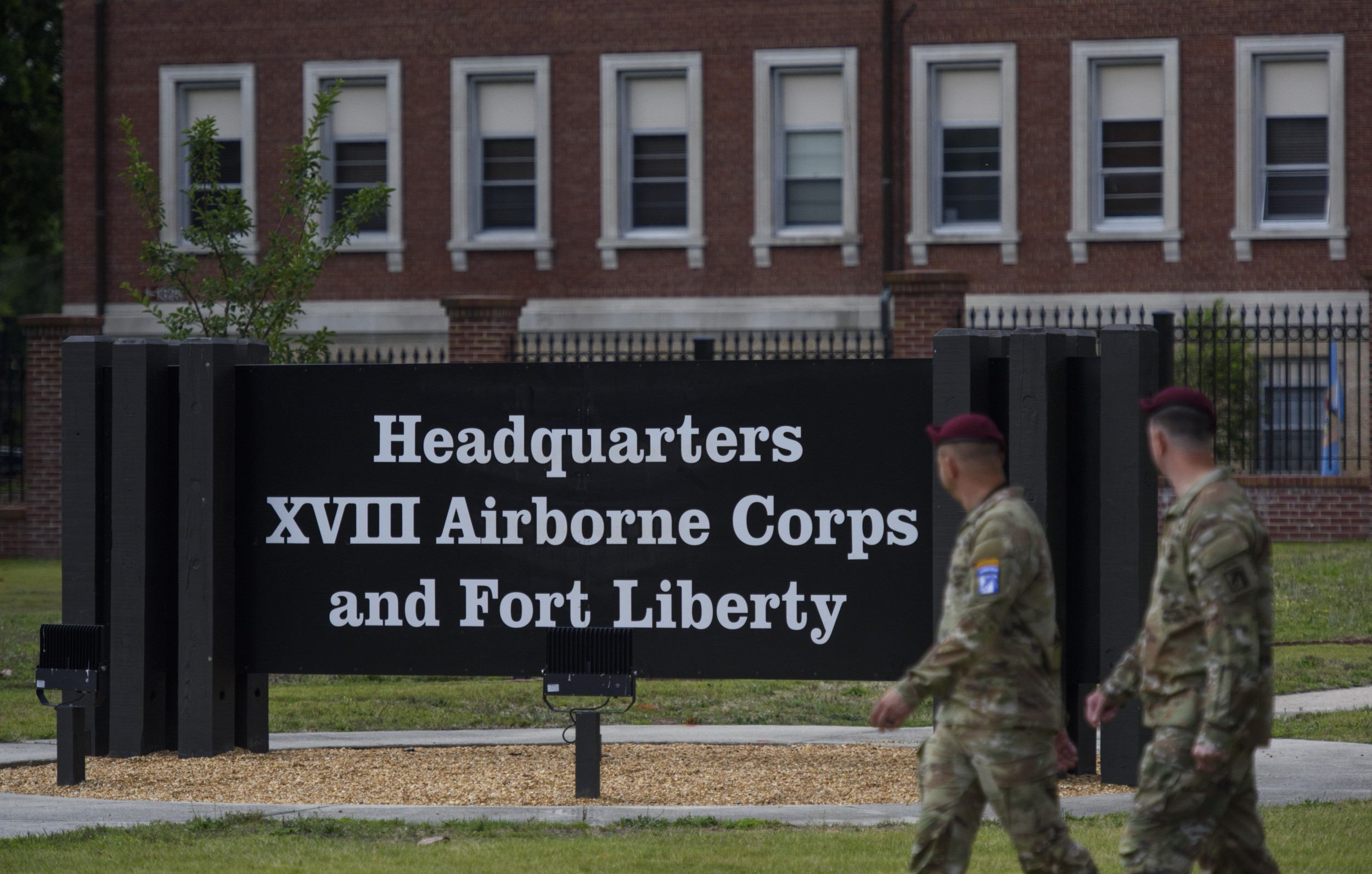Following the outcome of this year's presidential election in which Donald Trump won a second term, a legal analyst said on Saturday the civil cases against the president-elect aren't going anywhere.
Trump, who won Tuesday's election over Vice President Kamala Harris, is to make history in January by entering the White House as a convicted felon following his hush money trial in New York as he still faces several other criminal and civil cases against him. Trump, who is expected to be sentenced on November 26 in the hush money case, has pleaded not guilty to all the charges against him and has denied any wrongdoing.
One of the most notable civil cases saw writer E. Jean Carroll win two lawsuits against Trump over her claim that he raped her at a New York City department store in the 1990s. He was found liable for defamation and sexual abuse and was ordered to pay Carroll a total of $88.3 million. Trump denies Carroll's claim and has since appealed.
Another notable civil case against Trump is the massive judgment that was handed to him in February. The judgment was a result of a lawsuit filed by New York Attorney General Letitia James against Trump, his three eldest children and The Trump Organization, alleging that they engaged in financial fraud by inflating property values to secure favorable loans and insurance terms. Trump has maintained his innocence in that case as well.
Trump faced another defamation lawsuit in October when five men wrongfully convicted of a 1989 New York City assault who became known as the Central Park Five filed a defamation lawsuit. The suit filed in Pennsylvania federal court was prompted by Trump's remarks during the September 10 presidential debate with Harris when he falsely claimed the men were responsible for the crime and that the victim in the incident had died.
"They admitted, they said they pled guilty and I said, 'Well, if they pled guilty they badly hurt a person, killed a person ultimately...And they pled guilty, then they pled not guilty," Trump said during the debate.
Trump appeared to be confusing guilty pleas with confessions. The victim in the case is still alive but reportedly deals with lingering health issues from the attack.
In a Saturday podcast episode of #SistersInLaws titled, "Searching for Answers," which is co-hosted by legal analysts Kimberly Atkins Stohr, Barbara McQuade, Joyce Vance, and Jill Wine-Banks. McQuade, a former U.S. attorney for the Eastern District of Michigan under the Barack Obama administration, discussed the legal implications of Trump's civil cases after the 2024 election outcome.
"The civil cases aren't going anywhere so the E. Jean Carroll verdicts will remain, the appeals will continue, but nobody is taking those cases away. The $470 million judgment in the attorney general case out of New York for business fraud is not going away. Maybe there will be an appeal, but just like any ordinary litigate he is going to have to deal with that one," McQuade said.
She added: "And then of course there's the defamation case brought by the exonerated five who were defamed during the presidential debate so that case will continue. So it is beyond disappointing that these criminal cases are going to be on ice the way they are but the civil cases can accomplish some of the relief people are entitled to."
Trump's return to the White House may have little bearing when it comes to civil cases after a 1997 Supreme Court ruling found that lawsuits against sitting presidents can proceed if they don't involve actions that the president took while in office.
Newsweek has reached out to Trump's spokesperson via email for comment.

Meanwhile, this comes after Trump's two pending criminal matters—felony election subversion cases in Georgia and at the federal level—are said to be dismissed or at least set aside due to his election victory, since sitting presidents cannot be criminally prosecuted under the law.
Department of Justice (DOJ) special counsel Jack Smith's federal probes into Trump's alleged criminal attempts to overturn the 2020 election results look set to conclude between now and next year. Not only can a sitting president not be prosecuted for a crime under DOJ policy, but Trump could remove Smith and order the department to drop both cases once he takes office.
The U.S. Constitution says a sitting president can grant pardons for federal crimes. Whether that can apply to pardoning himself—if he were to be convicted in the federal election subversion case remains to be seen as this has never happened in U.S. history. However, in the president-elect's classified documents case, Judge Aileen Cannon, who was appointed by Trump in 2020, dismissed the case. Smith has since filed an appeal. Where Trump would not be able to pardon himself is in the New York hush money case or Georgia election interference case since they're both state investigations.
"It's clear that the federal prosecutions brought by Jack Smith will not continue, even if Trump does not pardon himself or cause Smith to be removed from office and replaced with a loyal alternative," Syracuse University law professor Gregory Germain told previously Newsweek.
He added: "And there is every indication from Trump that he will attempt to remove Smith or accept his resignation, or more likely will pardon himself. I have no doubt that the Supreme Court majority would uphold a self-pardon. So there seems little doubt that the federal cases brought by Jack Smith will be terminated."



















:quality(85):upscale()/2024/04/24/878/n/3019466/36c5693c662965c5d1ce91.72473705_.jpg)
 English (US) ·
English (US) ·